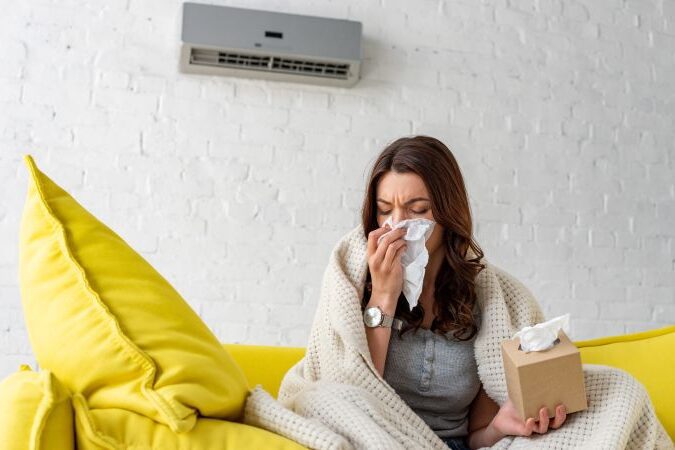BTN News: As the summer of 2024 brings relentless heatwaves, air conditioning has shifted from a luxury to a necessity. With temperatures soaring to unprecedented highs, many are turning to air conditioners to find relief. But while these cooling devices can provide comfort, improper usage can lead to several health problems. Experts and government guidelines suggest maintaining specific temperature settings and adopting safe practices to avoid the adverse effects of air conditioning. Here’s what you need to know to stay cool and healthy during this intense summer.
The Rising Need for Air Conditioning in 2024
This summer, the demand for air conditioning has skyrocketed as extreme heat becomes the norm rather than the exception. With many regions experiencing record-breaking temperatures, keeping indoor environments cool has become essential for both comfort and safety. However, using air conditioning recklessly can pose serious health risks, from respiratory problems to dehydration.
Why Lower Temperatures Can Be Dangerous
It’s tempting to set your air conditioner to the lowest possible temperature when the outdoor heat becomes unbearable. However, experts warn that overly cold settings can have negative health consequences. Air conditioning at very low temperatures may cause irritation in the respiratory tract, leading to sore throats, coughs, and worsening asthma conditions. Other common issues include headaches, dry eyes, and muscle cramps due to cold exposure.
Optimal Temperature Settings to Protect Your Health
How Cool Is Too Cool?
Government guidelines recommend specific air conditioning temperatures to balance comfort with health. For public and commercial spaces, air conditioning should not be set below 27°C (80.6°F). At home, experts suggest maintaining temperatures between 23°C (73.4°F) and 26°C (78.8°F) during the day, and no lower than 25°C (77°F) at night. Following these recommendations can prevent unnecessary health risks while still keeping you comfortably cool.
Health Risks Linked to Improper Air Conditioning Use
Respiratory Issues and More
Studies reveal that 35% of individuals who use air conditioning regularly experience nasal congestion, compared to just 9% of those in naturally ventilated environments. Prolonged exposure to cold, dry air can irritate mucous membranes, leading to respiratory conditions such as laryngitis, pharyngitis, and exacerbated asthma. Additionally, air conditioning may cause dehydration, headaches, and skin irritation due to reduced humidity levels.
Smart Tips for Safe Air Conditioning Use
1. Set Temperatures Wisely:
Maintain air conditioning temperatures between 23°C and 26°C (73.4°F to 78.8°F) during the day and no lower than 25°C (77°F) at night. This range is optimal for comfort and minimizes health risks.
2. Stay Hydrated:
Air conditioning can reduce humidity, leading to dehydration. Make it a point to drink plenty of water throughout the day to stay hydrated.
3. Use Humidifiers:
Humidifiers can help counteract the drying effects of air conditioning, maintaining adequate humidity levels in your home and preventing dryness in the skin and mucous membranes.
4. Perform Regular Maintenance:
Clean air filters regularly to ensure that your air conditioner is running efficiently and that the air quality remains high. This step can help reduce allergens and other airborne irritants.
5. Limit Prolonged Exposure:
Avoid spending extended periods in excessively cold air-conditioned environments. Alternate with natural ventilation to allow fresh air to circulate and reduce the risk of respiratory discomfort.
Balancing Comfort and Health Amid Intense Heat
The key to surviving the summer heatwaves of 2024 without compromising your health lies in the proper use of air conditioning. By adhering to recommended temperature settings, staying hydrated, and maintaining your air conditioning unit, you can enjoy the benefits of a cool indoor environment without falling prey to the potential downsides. Remember, staying informed and mindful of how you use air conditioning can make all the difference in ensuring a comfortable, healthy summer.
Conclusion: Smart Practices for a Safe Summer
Extreme heat doesn’t have to mean extreme measures. By following expert advice and government guidelines on air conditioning use, you can create a cool and safe haven in your home. Keep your settings moderate, hydrate often, and take care of your air conditioning system to stay healthy and comfortable during these sweltering months.


